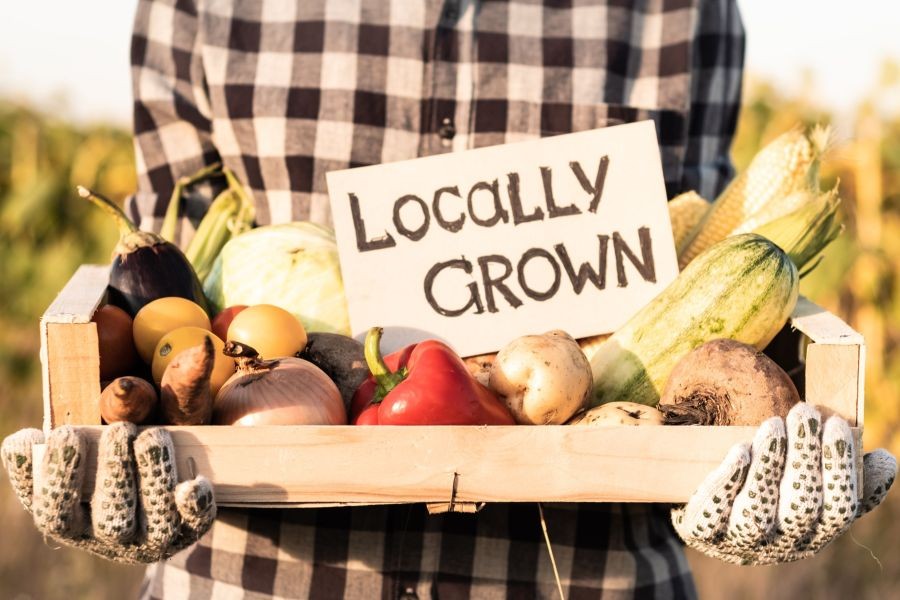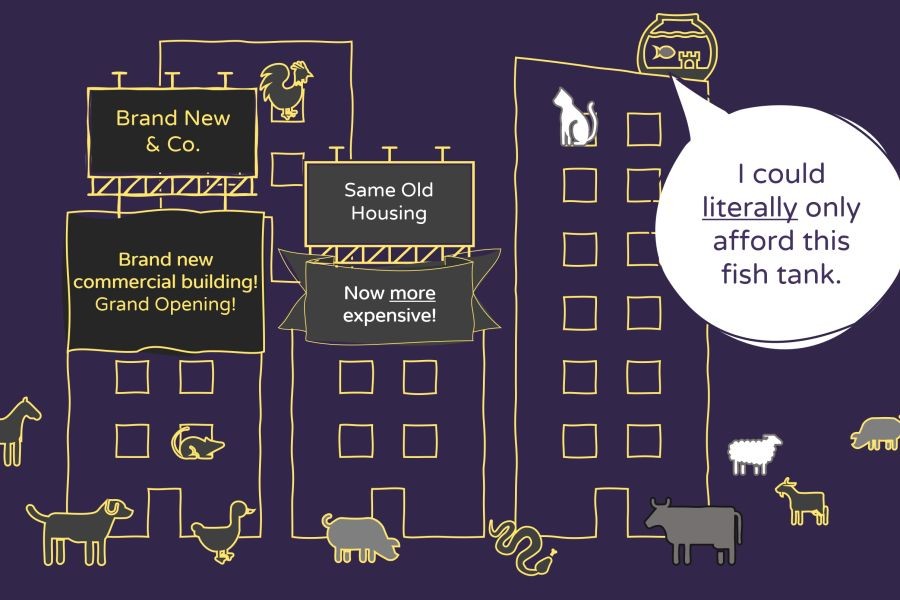In recent years, the rise of plant-based diets and sustainable living has become a significant trend globally, and Australian cities are no exception. This shift is not just a fleeting fad but a profound lifestyle change that aligns with environmental consciousness and health awareness. With Australia being a major player in the agricultural sector, this transition presents unique opportunities and challenges. According to the Australian Bureau of Statistics (ABS), the plant-based food market has seen an impressive growth rate of over 9% annually, reflecting a substantial shift in consumer preferences.
The Driving Forces Behind Plant-Based Diets in Australia
The surge in plant-based diets can be attributed to several factors. First, there is a growing body of evidence suggesting that plant-based diets are not only beneficial for personal health but also crucial for environmental sustainability. A study by the Commonwealth Scientific and Industrial Research Organisation (CSIRO) indicates that adopting a plant-based diet could reduce Australia’s national food-related carbon footprint by up to 50%.
Moreover, health concerns are driving Australians to reconsider their dietary choices. The Heart Foundation of Australia has long advocated for reduced red meat consumption to lower the risk of heart disease. This aligns with the broader trend of health-conscious living, where individuals are opting for diets rich in vegetables, fruits, nuts, and grains.
Case Study: V2Food – Revolutionizing Plant-Based Alternatives in Australia
Problem:
V2Food, an Australian startup, aimed to address the growing consumer demand for plant-based meat alternatives while ensuring the products were accessible and affordable.
Action:
The company innovated by developing plant-based products that closely mimic the taste and texture of traditional meat. V2Food collaborated with research institutions to refine its products and leveraged local supply chains to reduce costs and increase availability.
Result:
- V2Food’s products are now available in major supermarkets across Australia, contributing to a 30% increase in plant-based product sales nationwide.
- The company secured over AUD 77 million in funding to expand internationally, showcasing the global potential of Australian plant-based innovations.
Takeaway:
V2Food’s success illustrates the power of innovation and collaboration in meeting consumer demands for sustainable and ethical food options. This case study underscores the importance of aligning product development with consumer values and market trends.
Sustainable Living: More Than a Lifestyle Choice
Beyond diet, sustainable living encompasses energy efficiency, waste reduction, and ethical consumption. The Australian government’s commitment to reducing greenhouse gas emissions aligns with global sustainability goals, pushing cities towards greener practices. According to the Australian Treasury, policies supporting renewable energy and sustainable urban planning are expected to create over 50,000 new jobs by 2030.
Comparative Analysis: Australia vs. Global Sustainability Initiatives
Pros:
- Innovative Policies: Australia’s Renewable Energy Target (RET) aims for 33,000 GWh of renewable energy by 2020, showcasing governmental support for sustainable practices.
- Community Engagement: Australian cities like Melbourne and Sydney actively promote community-based sustainability initiatives, fostering a culture of environmental responsibility.
- Economic Opportunities: The shift towards green energy and technology opens new markets and job opportunities, boosting the economy.
Cons:
- Initial Costs: Transitioning to sustainable infrastructure requires significant investment, which can be a barrier for smaller businesses and communities.
- Regulatory Challenges: Navigating the complex regulatory landscape can hinder the swift adoption of sustainable technologies.
- Market Variability: Fluctuating market conditions and consumer preferences can impact the stability of sustainable ventures.
Globally, countries like Denmark and Sweden are leading in sustainability, often ranking higher than Australia in global indices. However, Australia's unique challenges, such as its vast landscapes and diverse ecosystems, require tailored approaches to sustainable development.
Common Myths and Misconceptions About Plant-Based Diets
Myth: Plant-Based Diets Are Nutritionally Inadequate
Reality: With proper planning, plant-based diets can provide all essential nutrients. The Dietitians Association of Australia supports the nutritional adequacy of well-planned plant-based diets.
Myth: Sustainable Living Is Expensive
Reality: While initial investments in sustainable technology can be high, the long-term savings on energy and resources often outweigh these costs. Government incentives also help offset initial expenses.
Myth: Plant-Based Products Are Always Healthier
Reality: Not all plant-based products are created equal. Some processed alternatives can be high in sodium and additives. It’s crucial to choose whole, minimally processed foods for optimal health benefits.
Future Trends and Predictions
As the plant-based and sustainable living movements gain momentum, several trends are expected to shape the future in Australia:
- Increased Investment in Alternative Proteins: By 2025, alternative protein markets are projected to grow by 25%, driven by consumer demand and technological advancements.
- Policy Support for Sustainable Practices: The Australian government is likely to introduce more incentives and regulations to support sustainable businesses and reduce carbon emissions.
- Technological Innovations: Advances in AI and machine learning will play a crucial role in optimizing sustainable practices, from precision agriculture to energy management systems.
These trends suggest a promising future where plant-based diets and sustainable living are not just viable alternatives but mainstream practices that significantly contribute to environmental and economic well-being.
Conclusion
The rise of plant-based diets and sustainable living in Australian cities reflects a broader global movement towards health and environmental consciousness. As consumers become more aware of their choices' impact, businesses and policymakers must adapt to meet these demands. The future of sustainability in Australia looks bright, with potential for innovation and growth in various sectors.
What’s your take on the plant-based and sustainable living trends in Australia? Share your insights and experiences below!
People Also Ask (FAQ)
How does sustainable living impact businesses in Australia?
Businesses adopting sustainable practices report increased efficiency and reduced operational costs. The shift towards sustainability aligns with consumer preferences, enhancing brand loyalty and market competitiveness.
What are the biggest misconceptions about plant-based diets?
One common myth is that plant-based diets are nutritionally inadequate. However, research from the Dietitians Association of Australia shows that well-planned plant-based diets are nutritionally sufficient and offer health benefits.
Related Search Queries
- Plant-based diet trends in Australia
- Sustainable living initiatives in Australian cities
- Impact of plant-based diets on health
- Renewable energy jobs in Australia
- Environmental benefits of plant-based diets
- Government policies on sustainability in Australia
- Top sustainable cities in Australia
- Plant-based food market growth
- Future of sustainable living in Australia
- Challenges of sustainable development in Australia































pasqualelangla
4 months ago